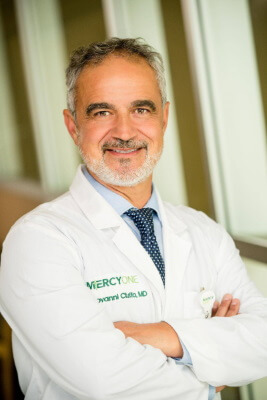Exercise isn’t just for achieving big muscles. Exercise impacts heart health in a very important and fundamental way. To keep your heart healthy, you can strengthen the heart muscle by doing exercises. Relatedly, exercises for your heart will help lower your blood pressure. Heart exercise is something that needs to become as regular, and as unconscious, as breathing.
Best Exercises of the Heart
Heart exercises can be tailored to individual situations and many factors are taken into consideration before picking the best one. These factors include medical history, lifestyle, abilities, and preferences. If you are in poor shape, the exercise program will take that into account. It may be that your first exercise routine is walking if that is your current limit. After time, it can proceed to jogging and maybe even running. Even more strenuous activities, like jumping rope or weightlifting, can be added. The optimal time to perform an exercise is 30 minutes per session at least five days a week.

Exercise Impacts on Heart
To complement the best exercise for your heart, stretching and warming up are good activities to adopt. They prepare your muscles for exercise and reduce injury and muscle strain. Generally, the best exercises for the heart are aerobic exercises. The larger muscle groups are used so your heart rate will be quickly elevated. Because of this, you need to consult with a physician about your target (or safe maximum) heart rate. One way to informally gauge whether or not your exercise routine is too strenuous is if you are able to hold a conversation while exercising. If not, you might want to back off a bit.
There are considerations for one’s heart healthy exercise routine that should be included. It can be better to exercise indoors than outdoors, especially when the weather is very cold, very hot, or very humid. Temperature or humidity extremes can cause exhaustion. In addition, don’t overdo your exercise routine. Don’t jog or run on very hilly routes and don’t take hot showers or baths after your exercise session (high temperatures stress your heart). Stay hydrated while exercising. If you’ve been sick and haven’t exercised for a few days (or had something else interrupt your routine), don’t start the routine as you left it. Ease back into your exercise routine with something easier and work your way back up.
Heart Muscle
One final consideration is to use common sense. If you start to feel sick while exercising, stop and let your doctor know. If you are sick, don’t exercise. If your exercise causes you pain, especially chest pain, stop and call your doctor.
You can have a healthy heart even after a heart attack, but you’ll have your work cut out for you. If you haven’t had problems with your heart yet, you’re in the best of circumstances, but adapting an exercise program is a great way to maintain health. Contact us today to keep your heart muscle healthy for years to come!

